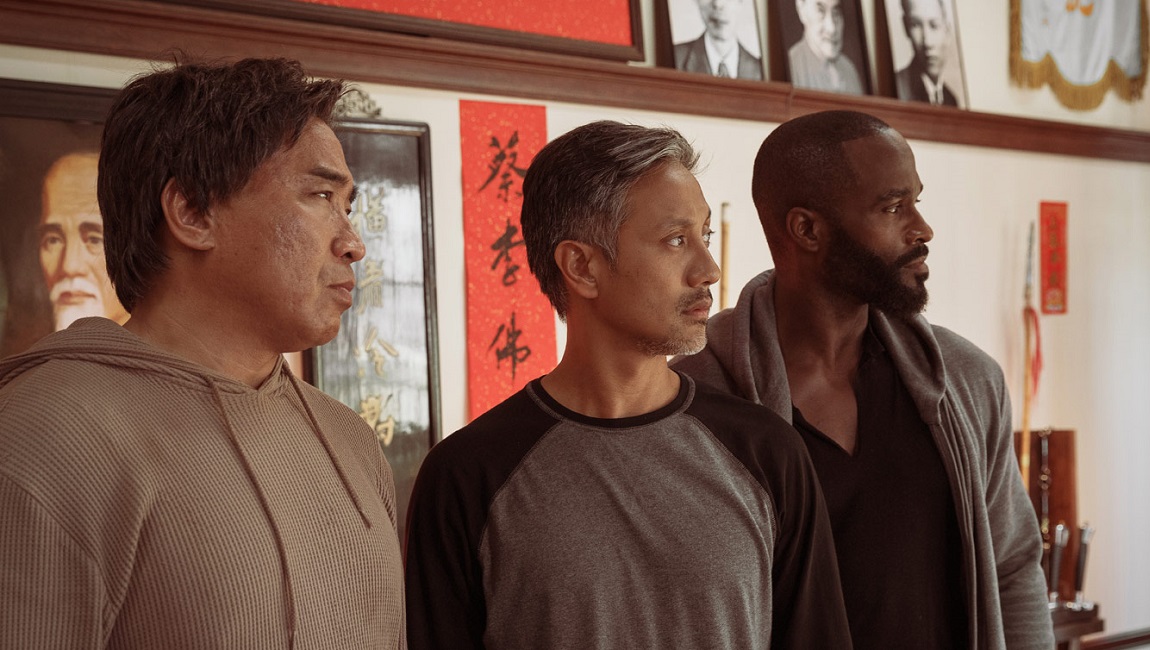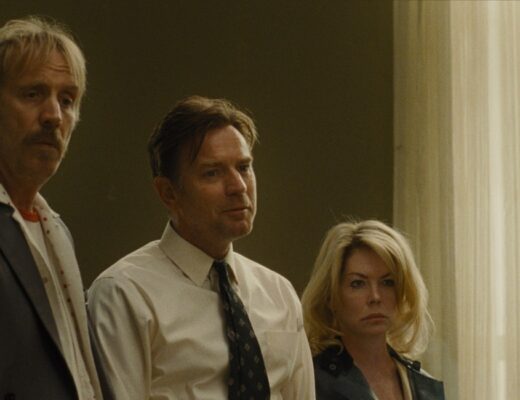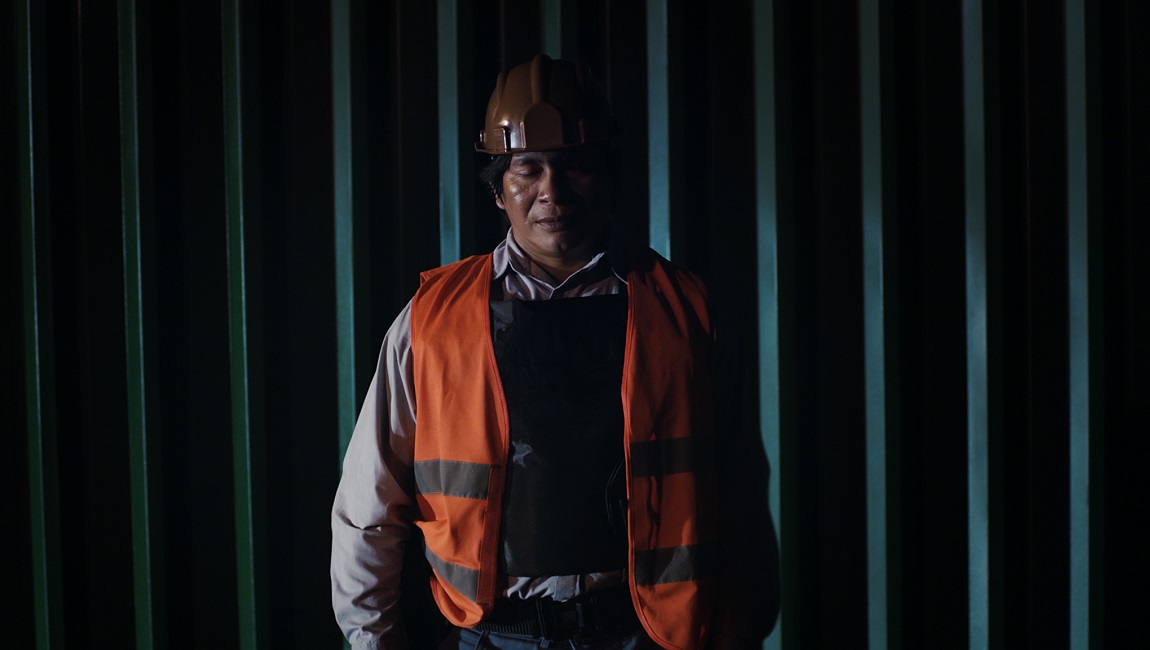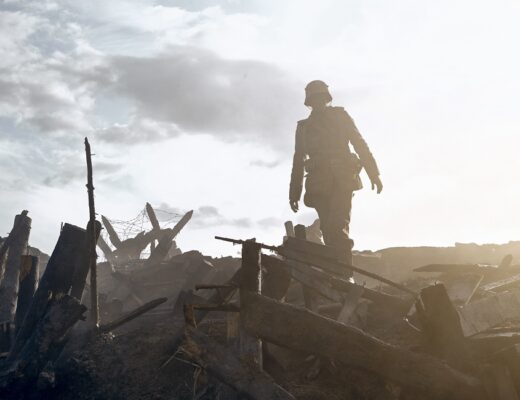The Paper Tigers doesn’t pull it all together dramatically or narratively, but its genre reverence is a steadying force.
Reverence looms large in Quoc Bao Tran’s The Paper Tigers, not only in theme, but as an operating principle. The Seattle-set story of three former kung fu practitioners brought together by their sifu’s death finds those men mourning their old master in hushed tones as they unravel the mysteries of his passing and, maybe more importantly, what pulled the three of them apart in the first place. When we meet Danny, Hing and Jim (FKA the Three Tigers) they’re all certifiably washed: Danny (Alain Uy) is a deadbeat dad, Hing (Ron Yuan) is overweight and bearing a bum leg, and Jim (Mykel Shannon Jenkins) has abandoned kung fu for the more trendy world of mixed martial arts. Turns out their sifu’s death may not have been an accident and, once reunited, the Tigers are on the case, first following the information of an old rival to track down a gang of young kung fu upstarts.
The early going — which positions the aging heroes against these brash youths — suggests the film is one about generational divide, focusing on the sheer lack of respect kids these days have for the old ways. They are introduced crashing Sifu Cheung’s funeral, loudly cracking jokes and obnoxiously taking selfies with a memorial photo of the master before leaving. A sensitive, intelligent portrayal of modern youth this is not as the film, here and elsewhere, resorts to cornball stereotyping that’s never as funny (unless the very idea of Instagram has you in stitches) or provocative as it wants to be. A fight between the Three Tigers and these “kung fu orphans” is set off by one of these Asian boys calling Jim the n-word, a moment that, whatever its purpose, plays like misguided comedy and lands with a thud. But thankfully the boys and the film’s ostensible interest in saying anything specifically generational is merely a red herring. The true villain is revealed instead to be a kung fu-wielding assassin, a revelation so comically overblown as to render the second half’s attempts at pathos — involving Danny’s son — more than a little ridiculous.
But even this seems like an act of reverence to the genre. Boneheaded Westerners sometimes ridicule martial arts films because everyone in them knows kung fu, but the Shaw Brothers-produced films of the ’70s often focused, like The Paper Tigers, on students of martial arts schools and sometimes introduced more fantastic plot elements in later reels. This throwback texture within the plot extends to some of the fight scenes, too. They certainly aren’t as good as those in films by Chang Cheh or Lau Kar-leung, but they do forgo the modern fetish for extended long takes in favor of a more traditional style emphasizing the impact of individual blows. An even more endearing effect of the reverence running throughout the film is its wholesale belief in the spiritual side of the martial art. When Danny needs to get his groove back, he doesn’t do so via training montage, but through meditation. Even elements like a single-blow killing technique called “poison fingers” and “Chinese healing magic” are treated as matter-of-fact parts of the world. The Paper Tigers’ problem, then, is not really in any of its individual elements, but in its failure to bring them together cohesively. The middling buddy comedy, clichéd domestic drama, and outsized martial arts revenge narrative almost always seem at odds dramatically, except in how each expresses a theme that can easily be written off as the director’s clear love of the genre in which he’s working.







